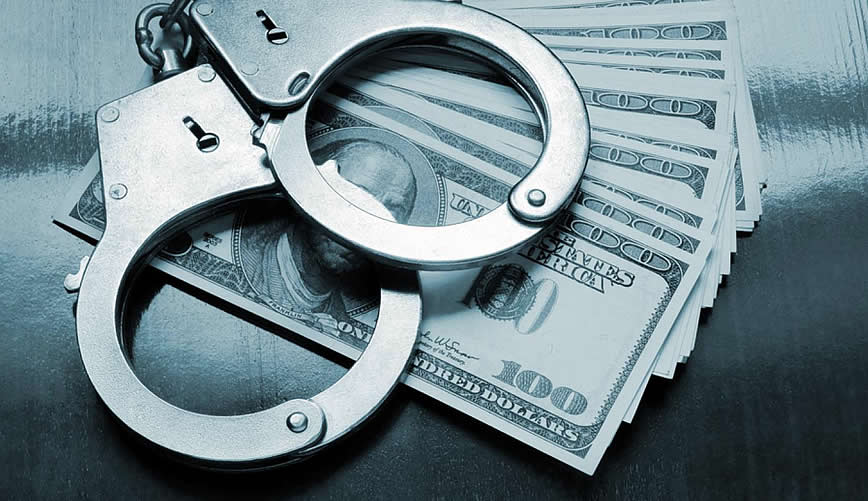Fraud investigations begin with a meeting between the investigator and client. The person launching the investigation explains why they suspect deceit and hands over any evidence they have supporting their claims. A good fraud investigator will use this initial information to find more evidence and information.
Investigators must act quickly to help prevent further victimization in many of these types of cases. A fraudster can wreak financial havoc on an individual or corporation in the matter of minutes costing millions of dollars in the process.
Identify the Type of Fraud
The initial stages of the investigation are always the most important it aids in building an investigative hypothesis which is used as the basis to launch the investigation. The first step in any investigation is to determine what type of fraud was committed.
Create an Investigative Plan
Creating a plan is an important and often overlooked part of the fraud investigation. It takes time, but it keeps investigations focused and organized with the numerous documents often involved in fraud cases. What gets measured gets done. The investigator and the fraud team must identify the chronological events leading up to the actual fraud. These steps can often uncover victim vulnerabilities and, sometimes, culpability. Identifying and documenting inconsistencies in a story can only be done when an investigative plan is in place. In some cases, it’s the ‘victim’ who commits the fraud. Investigators look for where the victim’s timeline and perpetrator’s timelines cross and then corroborate statements made.
Interview and Re-interview the Victim
The investigator must make every effort to get to know the victim. Conducting backgrounds checks is a good start. Who are they? Why would they be targeted? Have they been a victim of fraud in the past? Was it a similar type case? The investigator should choose a quiet place to conduct the interview, void of all distractions, whether it is in the victim’s home or at a police facility.
The details in all fraud investigations are important, so ensure that you ask granular questions of the when, where, who, what, how and why. When did they first discover the loss? Who notified them? What was taken? How were they made aware? These questions are all good follow-up points for your interview after the initial story.
It is always a good idea to contact the victim and re-interview them from time to time to determine if they uncovered other instances of fraud or if they obtained additional documents. Also, remind the victim to follow-up with other fo
Securing Evidence
Fraud investigations pose serious issues for collecting and preserving evidence. Depending on the case, investigators must ensure that they obtain copies of credit statements, emails, bank accounts, phone records, social media posts, etc.

